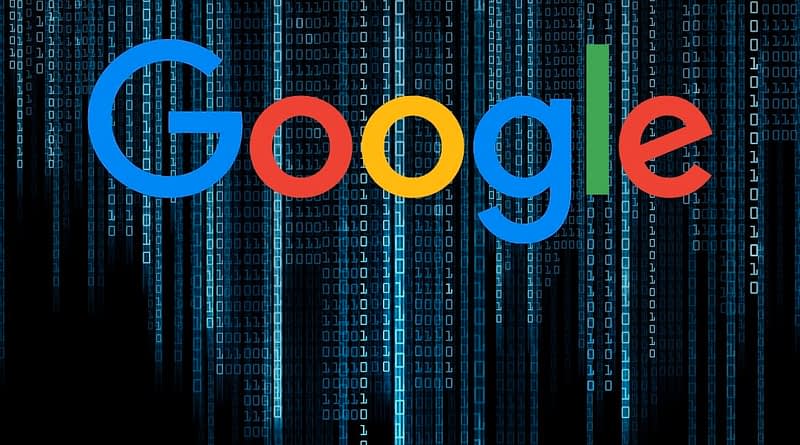
Google says it has stuck a deal with “a number of [French] publishers of the daily press and magazines, including Le Monde, Courrier international, L’Obs, Le Figaro, Liberation and L’Express”.
The agreement follows months of wrangling over the sharing of revenues from the display of news in search results.
These three-year contract covers the copyright of the content of the media concerned, including the neighbouring right created by a European directive to remunerate the resumption of extracts from articles on online platforms such as search engines.
Neighbouring rights, in particular, have been a bone of contention between French publishers and the American tech giant.
The current agreement is the first of many
“We are currently in discussions with many other actors of the national and regional daily press, as well as the magazine press,” confirms the American company in a blog post.
The General Information Press Alliance (APIG, by its French acronym, which represents the national dailies, including Le Monde, and the regional, daily and weekly press, around 200 titles) is also continuing to negotiate a framework agreement, which sets principles to be broken down into individual agreements.

US Tariffs are shifting - will you react or anticipate?
Don’t let policy changes catch you off guard. Stay proactive with real-time data and expert analysis.
By GlobalData“We are moving towards an agreement,” Pierre Louette, CEO of Les Echos-Le Parisien group, in charge of negotiations for the Alliance, said yesterday at the Medias en Seine festival.
The organisation hopes to conclude before the end of the year
Google said the agreements cover neighbouring rights to excerpts from articles now indexed in its general search engine and its news search engine (Google News).
It also covers the publication of entire content by the media in a future tab of Google News, called News Showcase.
This compromise was reached after months of tense negotiations
At the end of 2019, Google made it known that it refused to pay to index snippets of content, fearing to set a precedent.
Throwing the gauntlet, the search engine even suggested to dissatisfied publishers to no longer reference only simple links for their articles.
Confronting Google, the Alliance also took a hard line, demanding around €150m per year, half of its estimate of the advertising shortfall for the media.
To enforce the law, news companies appealed to the Competition Authority, which in April ordered Google to negotiate in “good faith” within three months – a decision upheld on appeal.
Then, the search engine has started offering remuneration to large publishers for their entire content published in its new Showcase tab.
Finally, in October, publishers and Google finally announced they were close to a deal. According to press report, the Alliance was discussing at the time an amount around €25m per year.
This first agreement will be closely scrutinized
Besides the Alliance, representatives of magazines or Agence France-Presse also want to make a deal with Google. And all French publishers now want to negotiate with Facebook, Snap or Twitter.
Beyond that, all the countries of the European Union must transpose neighbouring law. And Australia is trying to enforce similar text. Finally, a recent report from the Democrats in the US also advocates media remuneration by the web giants.







